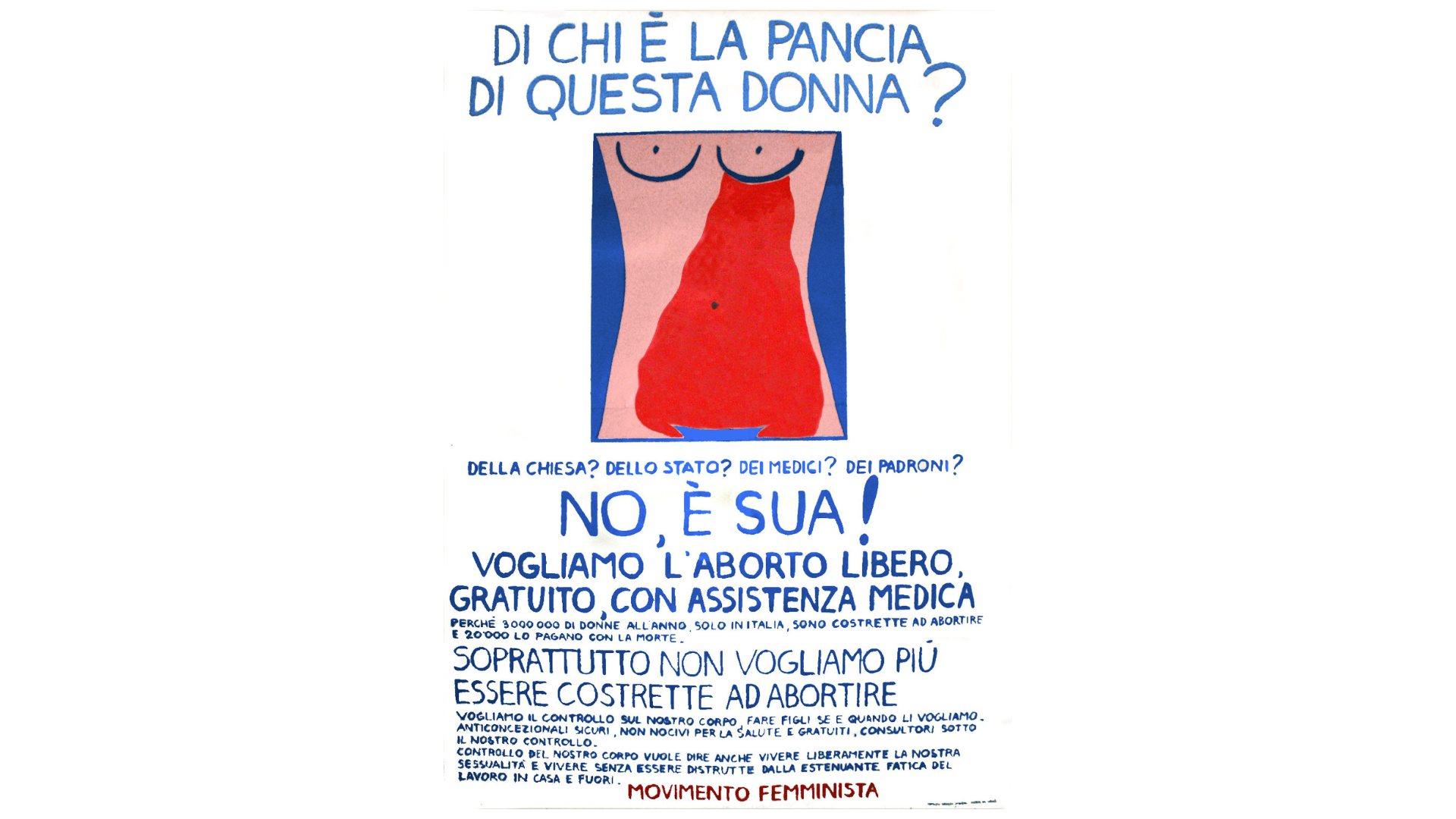By Elena Caruso
While the exact definition of self-managed abortion remains blurred, it currently tends to refer to the end of a pregnancy through the autonomous administration of pills outside of a public health facility. The World Health Organization (WHO) recommends self-management for pregnancies under 12 weeks, using a combination of mifepristone and misoprostol (or misoprostol alone) and it includes both medications in its list of essential medicines. In its Abortion Care Guidelines, the WHO states that medication abortion has “revolutionized” access to abortion care, emphasizing the novelty of this method.
While the origins of self-managed abortion with pills are not fully elucidated, it is generally accepted that this practice dates back to the second half of the 1980s in Brazil, when women discovered and disseminated the information that misoprostol (a medication legally available for the treatment of stomach and duodenal ulcers) could safely and effectively be used to prevent pregnancies. In the current debate on self-managed abortion, engagement with history is often limited to a few background sentences. This “ahistorical” approach can leave the impression that self-managed abortion lacks a significant and notable history.
But is the practice of self-managed abortion without a meaningful history?
I am addressing this question in the context of my ongoing research on self-managed abortion in 1970s Italy, a practice that spread across the country when draconian anti-abortion laws were still in effect. As a political practice, self-managed abortion expanded, especially in the years immediately before the approval of Law 194 in 1978, which still regulates abortion access under certain circumstances in Italy today.
Important international connections, in particular with England, France, and the U.S., shaped the phenomenon of self-managed abortion in 1970s Italy among some strands of the feminist movement and some political groups linked with the Radical Party. The technique used in that context was vacuum aspiration (also known as the “Karman method”), which allowed a route to safe (albeit illegal) abortion.
The complex landscape of self-managed abortions before the legal reform of Law 194/1978 conflicts with a stigmatizing narrative of “backstreet/clandestine abortions.” Indeed, I am not aware of any incidents that posed a risk to women’s health or life that were linked with this practice.
Similar to the current practice of self-managed abortion, some strands of the 1970s Italian movement were particularly committed to values of solidarity, mutual care, and a strong critique of medical power. Many self-managed abortion activists did not have a formal medical or health background, but this aspect was, perhaps ironically, crucial for the rapid expansion of the movement within a few years.
Despite its historical significance, the experience of self-managed abortion in 1970s Italy is mostly overlooked in current discourse surrounding self-managed abortion. The assumption of illegality being synonymous with a lack of safety may have contributed to this loss of memory, leading to an impasse in the abortion debate regarding the untouchable nature of Law 194/1978, in spite of its significant limitations.
In conclusion, I wonder: How does the limited engagement with abortion history impact the analysis of the present phenomenon of self-managed abortion? Whose interests are served by framing the present as the Year Zero of history, thereby dispossessing us of a genealogy of resistance — comprising both achievements and losses! — against the injustice of abortion bans and restrictions?
While most history of self-managed abortion is yet to be written, some references to this practice in 1970s Italy allow us to outline a path for a transnational genealogy of self-managed abortion as a collective, and often safe, practice of resistance against bans and restrictions to abortion across different times and places.
